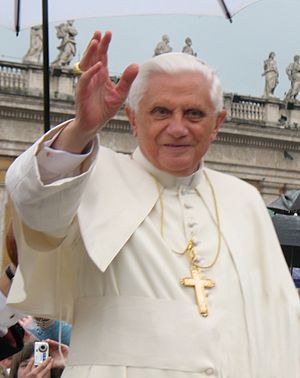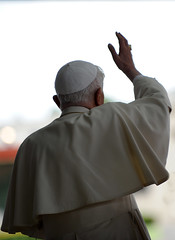What a month it has been in terms of the assault on religious liberty, freedom of speech, and tolerance for differing opinions. Many events, both large and small, occurred recently that should give us all pause and question how safe our God-given freedom of religion really is in this world. Of course there was the Chick-Fil-A fiasco where the CEO stated his personal beliefs in the importance of traditional marriage. Note that this was his personal belief — the same one that thousands of business owners probably hold and one that even president Obama publicly held for years. The Chick-Fil-A CEO was not making any policy changes about how his franchises would operate. Anyone and everyone is more than welcome to eat or work at Chick-Fil-A restaurants. But out came both the outrage (someone berating an employee and acts of vandalism) as well as the support.
There have also been some less publicized assaults on people who publicly profess their faith. For example, the New York Times published a rather vicious article on professed Christian athlete, Lolo Jones. While not overtly attacking her faith, it is interesting that the NY Times targeted Jones as more image than substance before she even started competing in the London Olympics. There have been plenty of people who have underperformed in major athletic events, but it seems odd that the NY Times singled out Jones. It was as if they wanted a self-fulfilling prophecy where they knew she wouldn’t do well if they pre-emptively knocked her down a few pegs (it worked too — see her break down in this interview). But why would anyone want to write an article about an athlete’s failures before the competition even began? Who knows what their motive was. Could it have been a warning to others — mention your faith publicly and we’ll tear you to shreds? After all, Lolo Jones isn’t the first person to come into the media’s cross-hairs because of her faith. Does the name Tebow ring a bell?
There is an ancient Chinese curse that says, “may you live in interesting times.” And by “interesting” it means full uncertainty and danger. And we are finding ourselves living in more interesting times every day. It almost seems like over night, publicly living one’s faith is taboo. Mentioning personal beliefs that you derive from an authority other than the government is considered radical. Citing your freedom of religion is almost treasonous. And the power structure, whether it be the media or the government, will tear you down if you bring out your religion anywhere except in a church for an hour on Sunday. Many politicians have no issues with Catholics as long as they only act Catholic during Mass. Only a generation ago, a Catholic priest had an Emmy award-winning, prime time television show dedicated to teaching faith and morals to the public. Now just stating you’re a Christian and not participating in the 24/7 orgy which is the Olympic Village will get your torn apart by the media.
The rosary teaches us a lot about living our faith publicly, even when it is unpopular or difficult to do so. In fact, nearly all the mysteries of the rosary can relate to overcoming challenges the world might throw at us for professing our beliefs. Here’s a few examples:
- The Annunciation : Finding the courage to accept God’s plan for us even when it might present additional challenges in our lives.
- The Visitation : Finding the energy to go out into the harsh and dangerous world to profess God’s glory.
- The Presentation of Jesus : Having the faith and endurance to listen to God even when others may think you are a fool for doing so.
- The Finding of Jesus in the Temple : Having the knowledge to know when you are turning away from God’s path and the courage to turn around and correct yourself.
- The Baptism of Jesus in the Jordan : Recognizing that through our baptism we are called to live the Catholic faith 24/7.
- The Proclamation of the Kingdom of Heaven and the Call to Conversion : Knowing that there is always one more thing we can do to become more Christ-like.
- The Scourging at the Pillar : Realizing that sometimes we might suffer for doing God’s Will.
- The Carrying of the Cross : Knowing that we do have the strength to continue on the path God puts before us no matter how many times the world knocks us down.
That’s just a handful of rosary mysteries about living our faith publicly. But you get the idea that Jesus never called us to separate our spirituality and our public lives. It isn’t just priests and nuns that God calls to be outward signs of His glory, but all of us by living and professing our faith and morality. I do believe that Satan is stepping up his attacks on the faithful as the world becomes ever more hostile towards faith and morality. But this is the time when we need to double our efforts by doubling our prayer and our efforts to follow God’s Word. Pick up a rosary, pray, act morally, and win that spiritual gold medal!
Related articles
- Pray with the Facts: Faith vs. the HSS Mandate (rosarymeds.com)
- Religious Liberty For Lapsed Catholics (mundabor.wordpress.com)
- On Catholic Oath of Fidelity: It’s About Time (frstephensmuts.wordpress.com)
- Lolo Jones Breaks Down Over Olympics Loss & Ny Times Article “i Was Crushed, They Ripped Me to Shreds the Fact They Tore Me Apart Was Heartbreaking” (binsidetv.net)
- Times feels backlash for hating on Lolo Jones (foxnews.com)
- Lolo Jones Article Was “Particularly Harsh, Even Unnecessarily So” According to New York Times Public Editor (thebiglead.com)
- The Terms of Religious Liberty (livingontilt.wordpress.com)
- Olympian Lolo Jones: It Can Be a Tough World For a Virgin (erasetheneed.wordpress.com)
- Solo And Lolo: Branding Devils And Angels At The London Olympics (forbes.com)
- Chick-fil-A fight: Do Christians have the right to believe homosexuality is sin? (Video) (examiner.com)



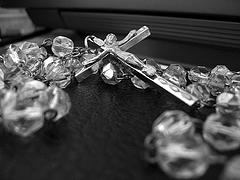 It has been a while since I’ve written a “go the extra mile” type of post. But with all that is going on in the world right now I think a little spiritual “kick” is appropriate. I want to tell you why I chose the name “
It has been a while since I’ve written a “go the extra mile” type of post. But with all that is going on in the world right now I think a little spiritual “kick” is appropriate. I want to tell you why I chose the name “







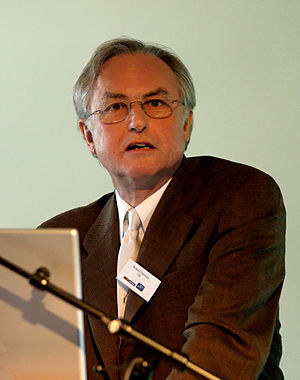







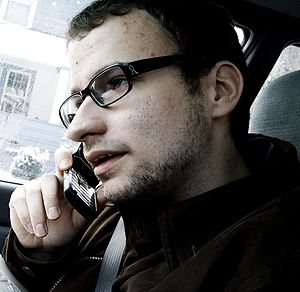
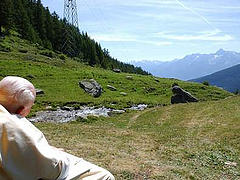







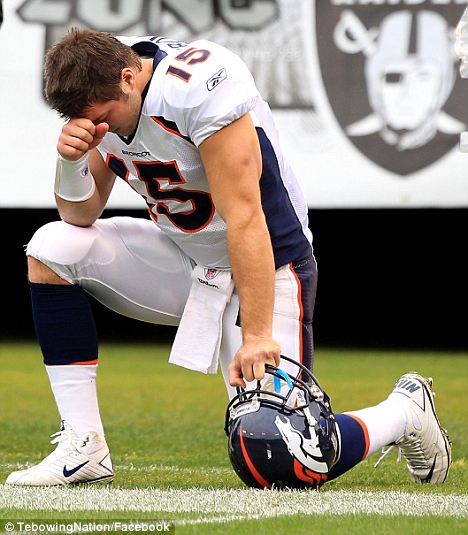 Scandals in professional sports is nothing new. Every few weeks we hear about an athlete cheating on a spouse, using drugs, squandering money on an extravagant lifestyle, or being arrested for any number of crimes. And yet, if you were to take the secular media’s take on professional sports, the most scandalous and controversial athlete of the last few months was
Scandals in professional sports is nothing new. Every few weeks we hear about an athlete cheating on a spouse, using drugs, squandering money on an extravagant lifestyle, or being arrested for any number of crimes. And yet, if you were to take the secular media’s take on professional sports, the most scandalous and controversial athlete of the last few months was 


